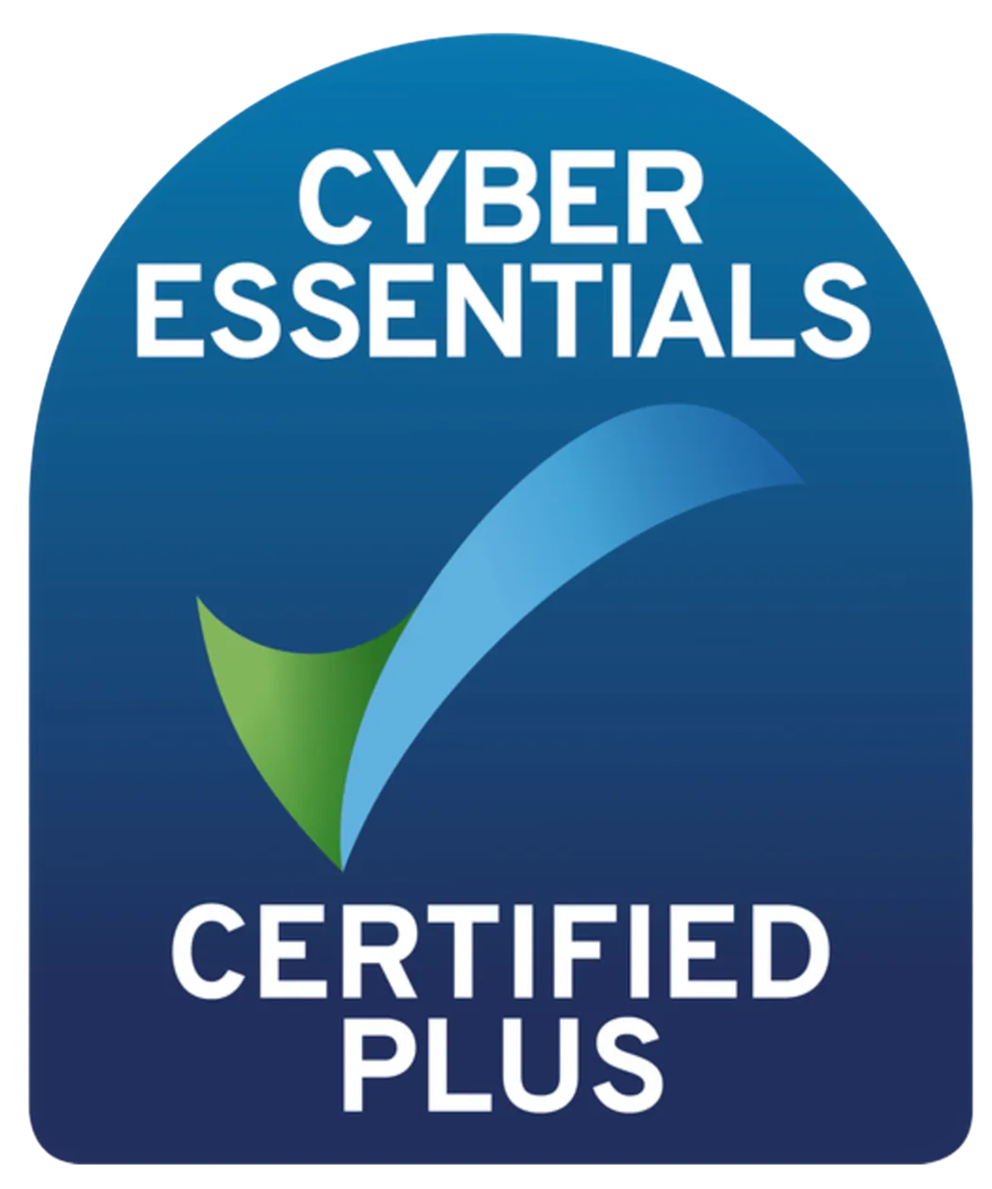Welcome to the Early Year’s Foundation Stage page
In the Early Years Foundation Stage at St Patrick’s RC Primary School, in God’s love, we play, learn, explore and grow together as friends. We continuously strive for our pupils to become independent, curious, creative and resilient learners who show respect for each other, their communities and the wider world. We believe in providing a secure foundation for future learning and development for our pupils, giving them the best possible start to their education in which Catholic values are fostered. Through our personalised and skilled teaching and learning approach, we are able to offer children a platform to be expressive, to feel valued and to feel empowered. As well as following the children’s interests, our creative thematic curriculum is specifically planned for our pupils with a careful balance of whole class teaching, group work and child-initiated play to support children to reach their full potential. By establishing effective, trustworthy and supportive relationships with our pupils, children enjoy their learning whilst achieving the Early Learning Goals. We have high expectations for all our children and encourage them to develop as confident learners with high aspirations, who know how to make a positive difference and succeed in an ever-changing world.
We get up to all sorts in our EYFS and most importantly we have lots of fun! For further information about our Early Years Foundation Stage, explore the information on this page using the buttons below and visit our class pages to see what we have been up to recently.
At St Patrick’s, our EYFS is made up of a two Reception classes and one large outdoor enclosed space. Our EYFS staff work together as a team to provide quality provision which enables each child to develop their talents, personalities and abilities in a safe and stimulating environment.
Our classrooms are designed to have communication friendly spaces where there is plenty of opportunities to talk, listen and communicate with adults and other children, conversations are an opportunity to learn and search together. There are areas where the children can be active, quiet, creative etc.
Registration and whole class teaching time are the only times children are grouped according to which class they are. Once the whole class input has finished, children can mix between both indoor classrooms and the outdoor area.
Each classroom has defined learning areas, where children are able to find and locate equipment and resources independently. We have an enclosed outdoor area and children are able to free‐flow between the indoor and outdoor area which is accessible in all weathers, unless circumstances would make outdoor activity inappropriate and unsafe. Our outdoor area is an extension of the indoor classroom, being outdoors offers the children opportunities for doing things in different ways and on different scales than when indoors. They are able to explore, use their senses, develop their language skills and be physically active. We plan activities and resources both inside and outside enabling the children to develop in all the areas of learning.
Play is essential to pupils’ cognitive, imaginative, creative, emotional and social development. We aim to provide play experiences which have a balance between adult-led and child-initiated play, allowing pupils to explore their own ideas and apply what they have learnt in different situations.
Pupils will be able to explore the environments at their own pace, but are given consistent boundaries. Staff members will be actively engaged in pupils’ play, either by undertaking careful observations or by joining in with the pupils in order to develop their activity.
We plan a balance between children having time and space to engage in their own child-initiated activities and those which are planned by adults. During children’s play, the adults in class interact when appropriate to stretch and challenge them further.
Teaching in our EYFS setting at St Patrick’s is delivered in accordance with the Government’s updated Statutory Framework for the Early Years Foundation Stage’ (September 2023). The Statutory Framework is used in conjunction with Development Matters (published 2017, revised 2021) to ensure that our provision is well matched to each child’s needs.
In partnership with parents, our school promotes the learning and development of pupils to ensure they are ready for the next stage of education.
Our EYFS curriculum is based on loose themes and an observation of children’s needs, interests and stages of development. Personalised activities in school are planned to reflect these interests and individual circumstances in order to provide each child with a challenging and enjoyable experience.
Children are provided with a range of rich, meaningful first-hand experiences in which they can explore, think creatively and be active. We aim to develop and foster positive attitudes towards learning, confidence, communication and physical development.
There are seven areas of learning and development that must shape education programmes in EYFS settings. These are split into two important and interconnected sections – prime and specific:
| The ‘prime’ areas of learning and development are: | The ‘specific’ areas of learning and development are: |
|
Communication and language Listening, attention and understanding Speaking |
Literacy – Comprehension – Word reading – Writing |
|
Physical development – Gross motor skills – Fine motor skills |
Mathematics – Numbers – Numerical patterns |
|
Personal, social and emotional development – Self-regulation – Managing self – Building relationships |
Understanding the world – Past and present – People, culture and communities – The natural world |
|
Expressive arts and design – Creating with materials – Being imaginative and expressive |
At St Patrick’s we have adopted Development Matters 2021, our curriculum is based upon this. Our curriculum is enhanced by the additional supportive materials and schemes of work from Lancashire County Council, Power Maths, Charanga, TenTen and Come and See to ensure that we provide a thorough and robust curriculum.
To view our full EYFS long term curriculum plan and Development Matters, please see the document below:
![]() EYFS Long Term Curriculum Plan
EYFS Long Term Curriculum Plan
![]() Simplified version of Development Matters and ELGs
Simplified version of Development Matters and ELGs
The EYFS framework is structured very differently to the national curriculum as it is organised across seven areas of learning. We have created the following document which demonstrates which statements from the 2020 Development Matters are prerequisite skills for learning within the national curriculum which we know you may find useful. Towards the end of the EYFS, staff will begin to use this language with children so that they can become familiar with the subjects within the National Curriculum:
![]() How Do The EYFS Areas Of Learning Link To The National Curriculum Subjects
How Do The EYFS Areas Of Learning Link To The National Curriculum Subjects
The EYFS Statutory Framework has changed and is effective from September 2023. The areas of learning remain the same but the content has changed. To find out more about the new EYFS Statutory Framework, click on the document below:
There is a simplified version of the statutory framework for parents and carers as well as a handy developmental guide which takes parents through the expectations of each age band in the EYFS and how you can support your children’s learning and development, see below:
On entry into Reception, all children will complete the Reception Baseline Assessment (RBA), the RBA is a short, interactive and practical assessment of your child’s early literacy, communication, language and mathematics skills when they begin school. For more information , please view the RBA parent information booklet below:
At the end of the EYFS, the children are assessed against the Early Learning Goals. These goals cover all of the areas of the EYFS, to view the ELGS please click the document below:
During your child’s time in EYFS at St Patrick’s, your child will have a special Learning Journey which will document your child’s achievements as the year progresses through photographs, observations and their creations. Learning Journeys are used to monitor the skills that your child is developing and records what your child has said or accomplished during their play and exploration which has created a ‘wow’ moment or has demonstrated a moment of significant progress. This enables staff to plan effectively in order to meet children’s individual learning needs and next steps/targets, showing their progress along the way. It also serves as a reminder of the wonderful experiences children have and highlights discoveries that they make.
Here we use an online system called ‘SeeSaw’. When children begin our school, parents receive an invitation to sign up and then parents will be alerted when a staff member has completed and uploaded an observation to view instantly.
As children spend a considerable amount of their time at home with family members, they will naturally demonstrate newly acquired knowledge and skills in the home environment. In order to accurately build a picture of your child’s learning and development, and plan their next steps effectively, we ask parents to contribute their child’s learning journey by adding a parent observation when their child demonstrates something at home that they feel is a noteworthy achievement for them. We value input from parents and together we can build an accurate and well-rounded picture of children’s learning and development.
Here you will find EYFS specific policies.


